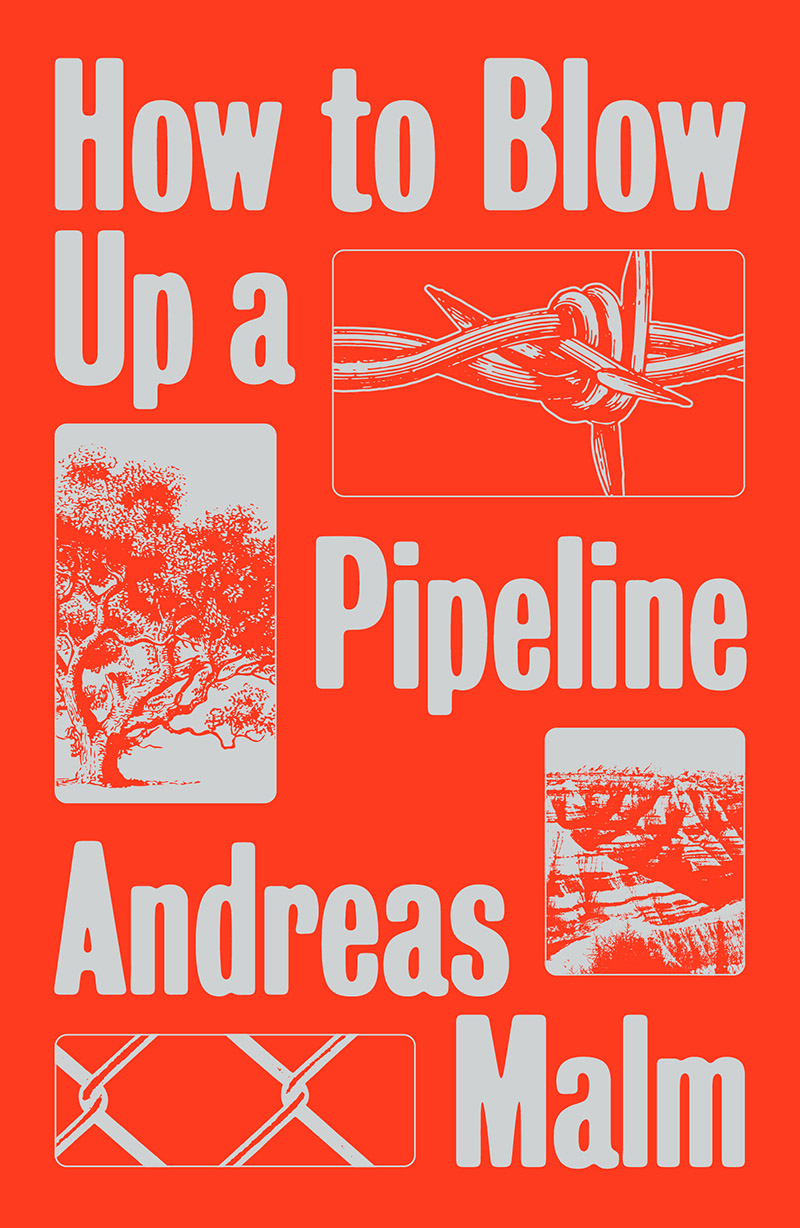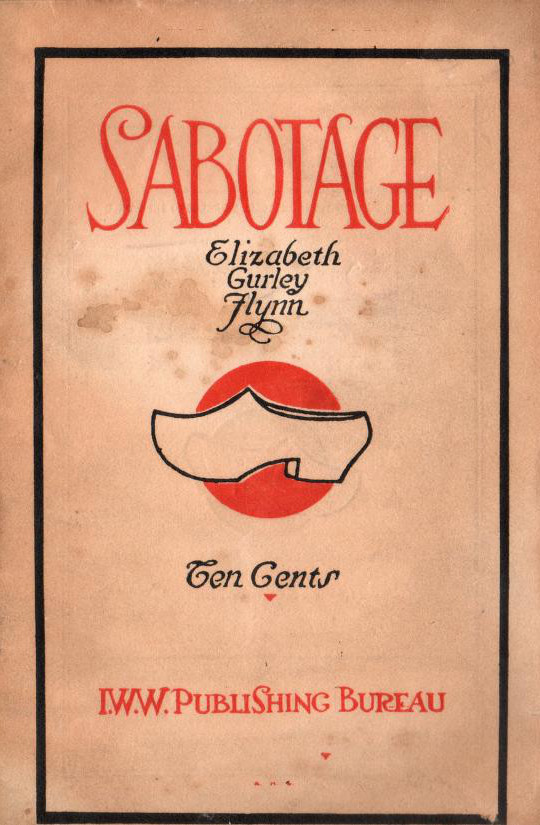Andreas Malm: How to Blow Up a Pipeline: Learning to Fight in a World on Fire (2021)
Filed under book | Tags: · activism, climate, climate crisis, direct action, disobedience, oil, property, protest, sabotage, social movements, violence

“Why resisting climate change means combatting the fossil fuel industry
The science on climate change has been clear for a very long time now. Yet despite decades of appeals, mass street protests, petition campaigns, and peaceful demonstrations, we are still facing a booming fossil fuel industry, rising seas, rising emission levels, and a rising temperature. With the stakes so high, why haven’t we moved beyond peaceful protest?
In this lyrical manifesto, noted climate scholar (and saboteur of SUV tires and coal mines) Andreas Malm makes an impassioned call for the climate movement to escalate its tactics in the face of ecological collapse. We need, he argues, to force fossil fuel extraction to stop—with our actions, with our bodies, and by defusing and destroying its tools. We need, in short, to start blowing up some oil pipelines.
Offering a counter-history of how mass popular change has occurred, from the democratic revolutions overthrowing dictators to the movement against apartheid and for women’s suffrage, Malm argues that the strategic acceptance of property destruction and violence has been the only route for revolutionary change. In a braided narrative that moves from the forests of Germany and the streets of London to the deserts of Iraq, Malm offers us an incisive discussion of the politics and ethics of pacifism and violence, democracy and social change, strategy and tactics, and a movement compelled by both the heart and the mind. Here is how we fight in a world on fire.”
Publisher Verso Books, London, January 2021
ISBN 9781839760259
136 pages
HT pht
Interviews with author: Wen Stephenson (LA Review of Books, Jan 2021), Politics Theory Other (Jan 2021, audio), Sarah Swackhamer (Houston Review of Books, Jan 2021, with audio)
Reviews: Scott W. Stern (LA Review of Books, Jan 2021), Tatiana Schlossberg (New York Times, Jan 2021), George Buskell (Polit Econ Research Centre, Jan 2021), Alan Thornett (Global Ecosocialist Network, Feb 2021), Jess Walsh (Socialist Workers Party, Apr 2021), Benjamin Kunkel (New Republic, May 2021).
Book roundtable: Graeme Hayes, Alice Swift, R.H. Lossin (Verso, Jan-Feb 2021).
Response to critics: Andreas Malm (Verso Blog, Apr 2021)
EPUB (updated on 2021-8-17)
See also Malm and The Zetkin Collective’s White Skin, Black Fuel (2021).
Comment (1)Elizabeth Gurley Flynn: Sabotage: The Conscious Withdrawal of the Workers Industrial Efficiency (1916)
Filed under pamphlet | Tags: · activism, labour, resistance, sabotage

The famous pamphlet advocating a more direct approach to the class struggle.
“The interest in sabotage in the United States has developed lately on account of the case of Frederick Sumner Boyd in the state of New Jersey as an aftermath of the Paterson strike. Before his arrest and conviction for advocating sabotage, little or nothing was known of this particular form of labor tactic in the United States. Now there has developed a two-fold necessity to advocate it: not only to explain what it means to the worker in his fight for better conditions, but also to justify our fellow-worker Boyd in everything that he said. So I am desirous primarily to explain sabotage, to explain it in this two-fold significance, first as to its utility and second as to its legality.” (from the Introduction)
Publisher Industrial Workers of the World (I.W.W.) Publishing Bureau, Chicago, IL, October 1916
via Archive.org
PDF (PDF, no OCR)
View online (HTML)

